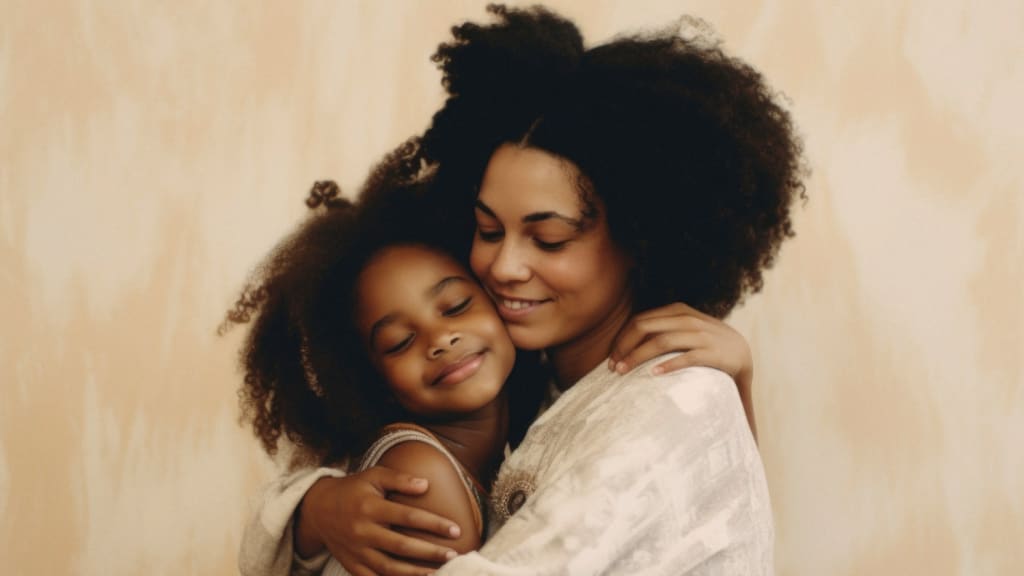5 Things Parents Secretly Want from Their Kids
Parenting is often seen as a one-way street—parents give, kids receive. Parents wake up early to prepare food, stay up late helping with homework, sacrifice their own wants to meet their children’s needs, and rarely ask for anything in return. And truthfully, most don’t expect anything back. They do it out of love. Out of duty. Out of instinct.
But even the most devoted parents—yes, even the ones who say, “I don’t need anything from you; just do well in life”—have quiet hopes. They have small, unspoken wishes. Things they secretly want from their children.
This post isn’t about making children feel guilty. It’s not about giving parents a list of demands either. It’s about opening our eyes to the emotional side of parenting that often goes unnoticed. Because sometimes, the smallest gestures from a child can mean the world to a parent.

1. To Be Appreciated
Most parents don’t go around fishing for praise. They do what needs to be done—day in, day out—without expecting a thank you. But that doesn’t mean they don’t long for it. Every parent, no matter how strong or selfless, wants to feel seen. It could be as simple as a “Thanks, Mum, for always waking me up early.”
Appreciation doesn’t have to be grand. In fact, the quiet, everyday moments are where it matters most. A hug after a long day, a cupcake, or even a handwritten note can fill a parent’s emotional tank in ways money never could.
2. To Know They’re Doing Okay
Parenting is filled with second-guessing. Am I too strict? Am I too soft? Did I make the right decision? Every choice feels weighty because it impacts someone they love deeply—their child.
Sometimes, kids assume their parents are unshakeable—but even the strongest parents need reassurance. A simple conversation where your child shares how your advice helped or how they felt heard can lift the self-doubt that lingers in your heart. It helps you know you’re not messing it all up, even on the days you feel like you are.
3. To Be Seen as More Than Just “Mum” or “Dad”
They love being your parent—no doubt about that. But sometimes, they wish you could also see the person behind the role. The person who has dreams, fears, regrets, hobbies, and stories that go beyond school drop-offs and other parenting stuff. They want to feel like their life experiences, opinions, and identity still matter outside of being someone’s parent.
Hearing their child ask, “What was your childhood like?” or “What’s something you always wanted to do?” can mean the world to them.
4. Respect — Even During Disagreements
Disagreements are bound to happen in every family. Whether it’s about rules, curfews, screen time, or bigger life decisions, there will be moments when you and your child don’t see eye to eye. What many parents long for in those moments isn’t perfect agreement—it’s respect. They want to know that even when their child pushes back or questions a decision, it’s done with kindness, not contempt.
It’s possible to express frustration without being rude. It’s possible to disagree without shutting the other person down. When children—especially teens—learn how to communicate their feelings without dismissing their parent’s perspective, it builds mutual trust. And it shows maturity.
5. A Lasting Relationship — Not Just a Childhood One
As children grow up, the parent-child relationship naturally begins to shift. Parents start to step back a little, giving more room for independence and self-discovery. But deep down, what many parents truly hope for is that the bond they built during childhood doesn't fade away with age. They want to be more than a phase in their child's life. They want to stay connected—through the teenage years, into adulthood, and beyond.
Now You Know
Parenting is often described as a job, but the truth is, it’s much more than that—it’s a lifelong relationship built on love, sacrifice, and hope. Beneath the rules, the routines, and even the disagreements, most parents carry quiet longings in their hearts.
They’re quiet hopes, sometimes never spoken aloud but deeply felt. And when children—young or grown—recognize and honor those hopes, it makes the bond even stronger.